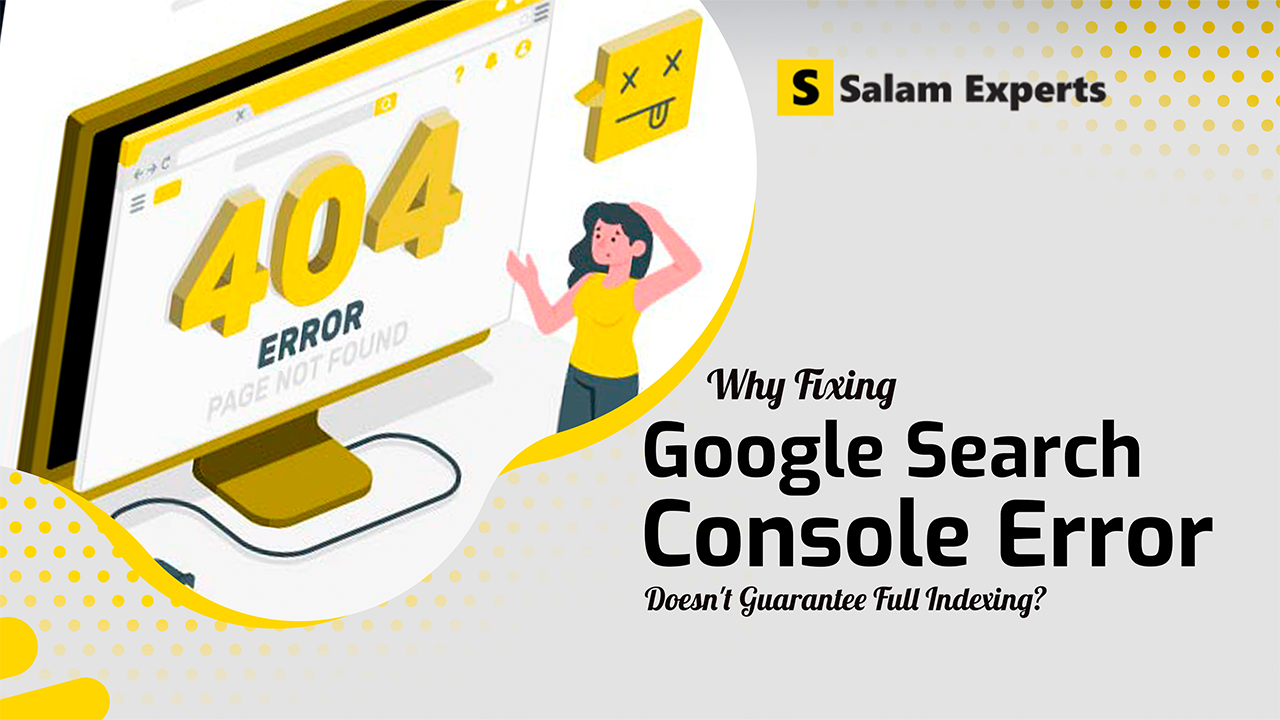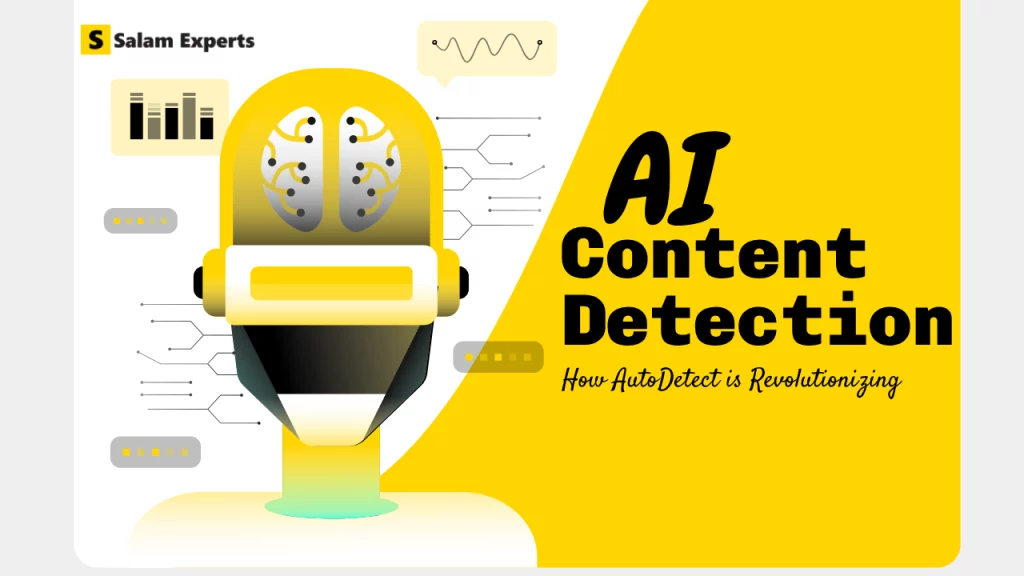Why Fixing Google Search Console Errors Doesn’t Guarantee Full Indexing

At Salam Experts, we frequently encounter clients who ask us to fix all errors in Google Search Console (GSC), expecting that this will result in every page being indexed. While addressing errors in GSC is crucial for optimizing a website’s performance, it’s essential to set realistic expectations: not all pages will or should be indexed by Google, even after resolving errors.
Here’s why fixing GSC errors is important, why full indexing isn’t guaranteed, and how we prioritize key issues to focus on the most important pages.
Why Fixing GSC Errors is Beneficial
- Improved Crawlability: Resolving issues like server errors, 404s, and blocked resources ensures that Googlebot can access your content more efficiently.
- Enhanced User Experience: Fixing mobile usability issues, slow-loading pages, or other technical problems improves your website’s usability and SEO performance. Explore ways for making a mobile responsive site.
- Better SEO Signals: Addressing indexing issues helps Google prioritize your high-value content for crawling and indexing.
- Better SEO Signals: Addressing indexing issues helps Google prioritize your high-value content for crawling and indexing.
Why Full Indexing Isn’t Achievable
Despite resolving errors, there are valid reasons why Google may not index every page:
- Duplicate Content: Google avoids indexing duplicate or near-duplicate pages to save resources and prioritize unique content.
- Low-Quality Pages: Thin or low-value pages are often excluded from the index.
- Crawl Budget: For larger sites, Google allocates a specific crawl budget. Pages deemed less important may remain unindexed.
- Noindex Tags or Robots.txt: Pages intentionally blocked from indexing won’t appear in search results, even after fixing errors.
Common GSC Errors and Our Approach
- 404 Page Not Found
- Fixable: If internal links point to broken pages, we correct those links or set up redirects.
- Valid Reason: For intentionally deleted pages with no replacement, a 404 is acceptable and doesn’t require further action.
- Crawled – Currently Not Indexed
- Fixable: We analyze whether these pages have valuable content. For important pages, we can push indexing using the Indexing API.
- Valid Reason: Google may delay indexing to assess the page’s significance or if it contains duplicate or low-value content.
- Soft 404s
- Fixable: Ensure the page has meaningful content and isn’t returning a soft 404.
- Valid Reason: If the page no longer serves a purpose, we leave it as is.

Take Control of Your Site’s Visibility Now!
Contact Us for Expert GuidanceSetting Realistic Expectations
We explain to clients that GSC validation doesn’t always mark errors as “passed” due to valid reasons. Our goal is to:
- Ensure important pages (e.g., homepage, category pages, key service pages) are indexed.
- Filter and fix critical errors (e.g., broken links, blocked resources).
- Exclude unwanted URLs (e.g., duplicate or low-value pages) to optimize Google’s focus on your main content.
Leveraging Google’s Recommendations
Here’s a quick guide based on Google’s official documentation:
- Check Index Status of Important Pages
- Use the “site:” operator to check if key pages are indexed.
- Example:
site:example.com/petstoreorsite:example.com/petstore iguanas zebras.
- Understand Non-Indexed Pages
- Not all non-indexed pages are a problem. Common reasons include duplicate content, noindex tags, or valid 404 errors.
- Focus on Key Metrics
- Ensure all important URLs appear as “indexed” (green) in the GSC Page Indexing report.
- Investigate and resolve critical issues flagged by the URL Inspection tool.
- Additional Steps for Small Sites
- If your site has fewer than 500 pages, you may not need to rely heavily on the Page Indexing report. Instead, use simple searches like
site:yourdomain.comto check if key pages are indexed. For missing pages, ensure proper linking and sitemap updates.
- If your site has fewer than 500 pages, you may not need to rely heavily on the Page Indexing report. Instead, use simple searches like
- For New Sites or Pages
- Wait for a few days to let Google crawl new pages. If necessary, request indexing manually for urgent cases.
Final Thoughts
Our approach is to fix the real issues that impact your site’s SEO while understanding that some errors or exclusions are intentional and valid. By prioritizing key pages and addressing critical errors, we help optimize your site’s visibility without chasing unrealistic goals of 100% error-free validation or full indexing.
If you’re ready to optimize your site’s performance and improve its indexing, let us help you focus on what matters most: your key pages and valuable content.





